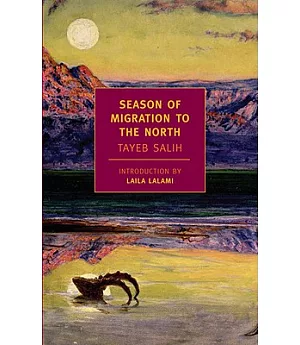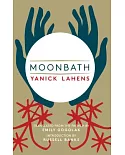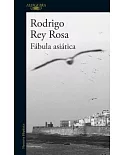After many years of study in Europe, the young narrator of Season of Migration to the North returns to his village along the Nile in the Sudan, eager to make a contribution to the new
postcolonial life of his country. Back home, he discovers a stranger among the familiar faces of childhood—the enigmatic Mustafa Sa’eed. Mustafa takes the young man into his confidence, telling
him the story of his own years in London in the early part of the twentieth century, of his brilliant career as an economist, and of the series of fraught and deadly relationships with European
women that led to a terrible public reckoning and his return to his native land.
But what is the meaning of Mustafa’s shocking confession? Mustafa disappears without explanation, leaving the young man —whom he has asked to look after his wife—in an unsettled and violent
no-man’s-land between Europe and Africa, tradition and innovation, holiness and defilement, and man and woman, from which no one will escape unaltered or unharmed.
One of the pinnacles of modern Arabic literature, Season of Migration to the North is a work of scorching honesty and incandescent lyricism.





















